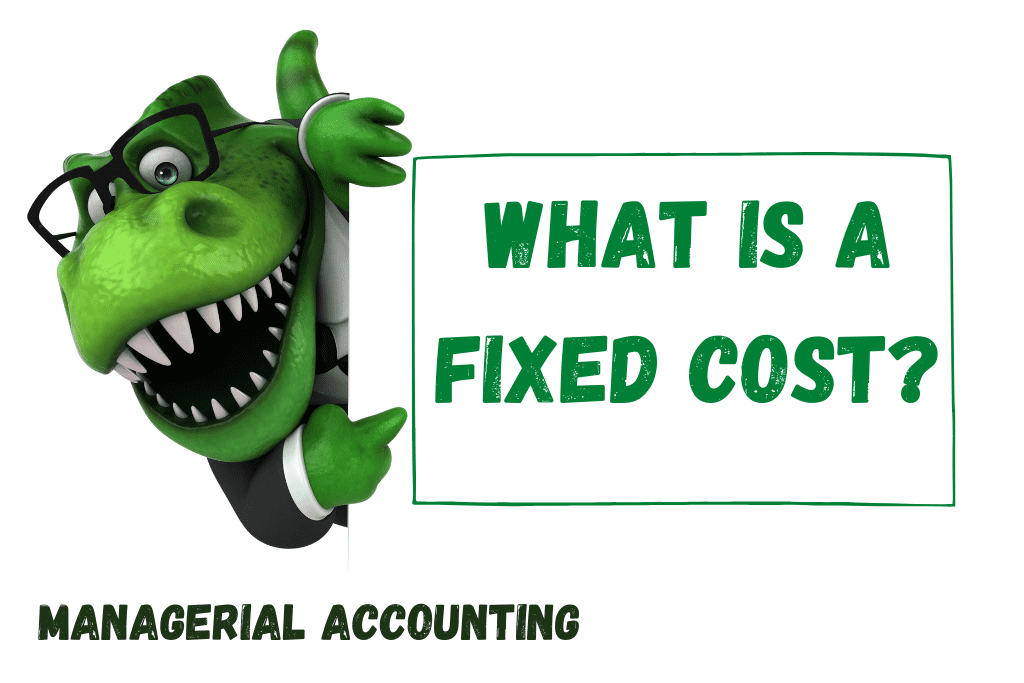In the world of business and finance, there are a number of terms that are thrown around quite frequently. Some of these terms can be quite complex, and it can be difficult to understand what they actually mean. One such term is fixed cost.
A fixed cost is a cost that does not change, regardless of the level of output or sales. This means that even if a company produces nothing or sells nothing, they will still incur this cost. Fixed costs are considered to be a part of a company’s overhead expenses and are not directly related to the production or sale of a particular product or service.
Examples of Fixed Costs
Some common examples of fixed costs include:
- Rent or lease payments for a building or facility
- Salaries or wages for employees who work a set number of hours per week or month
- Insurance premiums for a certain period of time
- Property taxes for a specific period of time
It’s important to note that while these costs are fixed, they may change over time. For example, a company’s rent may increase or decrease when their lease is up for renewal. Similarly, salaries and wages may change over time due to cost of living adjustments or promotions.
The Impact of Fixed Costs on a Business
Fixed costs are an important consideration for businesses when creating a budget or financial plan. Because these costs are not tied to the production or sale of a particular product or service, they can put a strain on a company’s cash flow if not managed properly.
For example, if a company has high fixed costs, they may struggle to break even or turn a profit if their sales volume is low. Conversely, if a company has low fixed costs, they may be able to break even or turn a profit with a lower level of sales volume.
In addition, fixed costs can impact a company’s pricing strategy. Because these costs do not change based on sales volume, a company may need to charge a higher price for their products or services to cover these costs and turn a profit.
Conclusion
In summary, a fixed cost is a cost that does not change regardless of the level of output or sales. These costs are an important consideration for businesses when creating a budget or financial plan, and can have a significant impact on a company’s cash flow and pricing strategy. By understanding fixed costs and their impact on a business, companies can make informed decisions to help them succeed in a competitive marketplace.
For information about variable costs and mixed costs, visit these articles: Variable Costs, Mixed Costs, Difference Between Fixed, Variable, and Mixed Costs.

